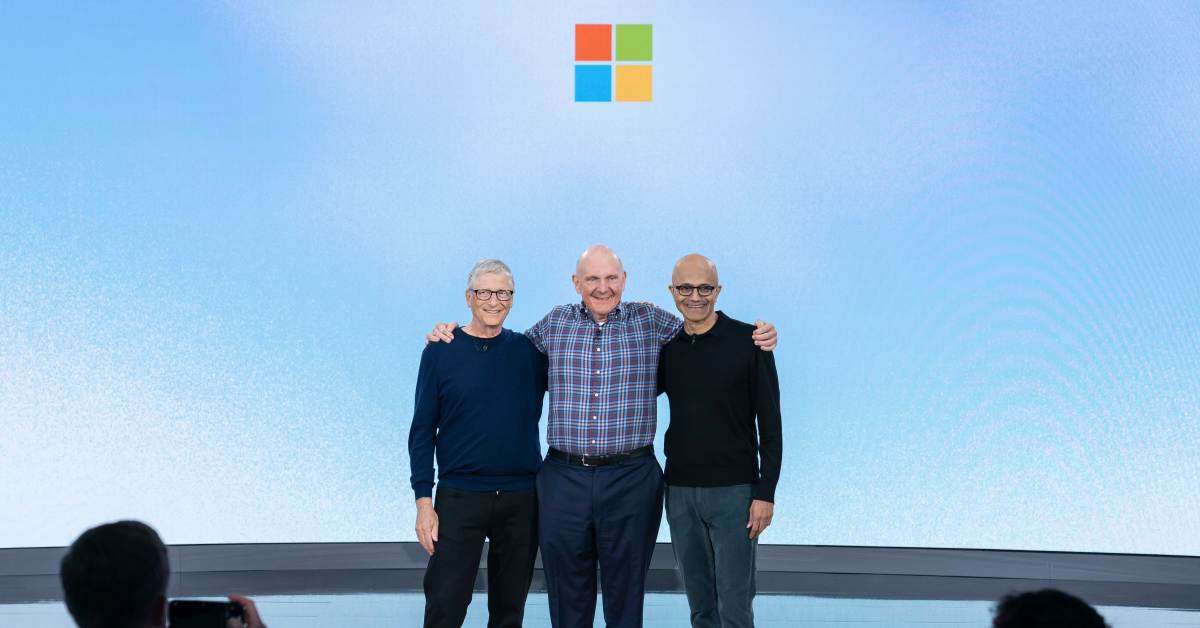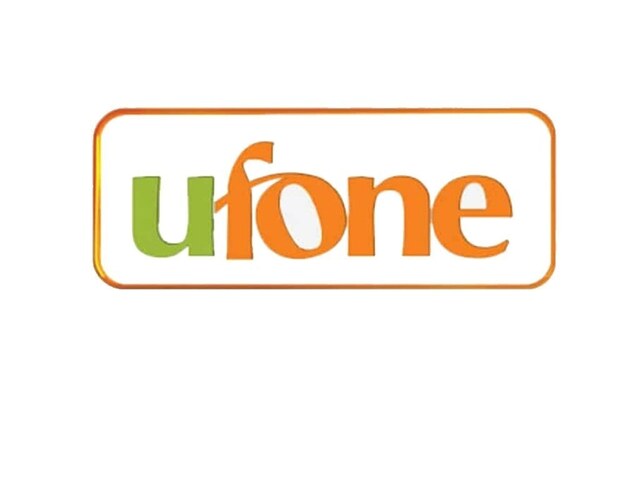
Morgan Stanley (MS) is placing a large bet on Microsoft (MSFT) , ranking it among its top software picks.
Keith Weiss, alongside a respected crew of analysts, said that worries about Microsoft’s association with OpenAI, the speed of Azure’s expansion, and the longevity of its productivity suite have hurt sentiment. Still, the data shows the fears are unfounded.
Weiss lifted his price target to $625 from $582 and reiterated an Overweight rating, arguing that Microsoft’s mix of double-digit growth, disciplined spending, and shareholder returns offers a high-teens total return profile that remains underpriced.
“Confidence in a path to shedding those weights and a broadening set of growth drivers elevates MSFT to Top Pick,” Weiss wrote in the note.
He thinks that OpenAI’s $300 billion cloud deal with Oracle (ORCL) is less of a blow to Microsoft than if the company were not smartly directing its limited GPU and data center resources toward higher-value business customers.
At the same time, patterns in capital expenditures indicate that Azure AI revenue might be higher than expected, and poll results show that Microsoft’s productivity tools are still quite popular.
Weiss says that what appears like a possible vulnerability is a sign of strength, and that belief might spread across the tech trade.
The AI and cloud debate
The OpenAI concern has hurt Microsoft’s stock story in the last several months. Investors were apprehensive that the ChatGPT maker’s search for partnerships with other companies, including its $300 billion deal with Oracle, may slow down Azure’s growth.
Morgan Stanley does not believe Microsoft’s pursuit will, in any shape or form, diminish the growth trajectory of Azure or its broader competitive position in AI-driven cloud services.
Weiss called the Oracle deal a “incrementally positive data point,” saying that Microsoft is handling limited GPU capacity and “Powered Data Center Shells” in a manner that puts business customers first. That might imply more stable and successful AI income sources instead of being too reliant on one well-known partner.
More Tech Stocks:
Is Oklo a high-risk, high-reward investment?
Nvidia’s deal with OpenAI ‘looks a lot like financial theater’
Quantum computing companies looking to finance the future
The company also pointed to Microsoft’s capital investment as a sign of Azure’s AI potential. Weiss concluded that Azure AI income might be higher than current predictions by calculating capital expenditures committed to AI projects. That means the cloud unit isn’t slowing down; it’s just expanding the number of places it can grow.
Microsoft’s productivity tools are built on top of this and are still an important part of how businesses function. The analyst report cites survey data that shows “durable” mindshare and market share, indicating that traditional firms are still quietly compounding as newer AI drivers gain traction.
Valuation and the return equation
Morgan Stanley’s bullish prediction is based not just on growth drivers, but also on the statistics behind Microsoft’s returns. Weiss stated that the combination of double-digit sales growth, operational cost control, and consistent shareholder distributions results in a total return profile that the market has not fully priced in.
The revised $625 target, up from $582, indicates significant upside from present levels. When Weiss considers Microsoft’s capital allocation plan, which includes a combination of share repurchases and an increasing dividend payout, he sees a road to a “durable high-teens” annualized return.
That projection contrasts with the market’s continuous discounting of the stock owing to expected risks connected with AI performance and competitive dynamics, and the hoopla surrounding names such as Nvidia and Oracle.
Morgan Stanley believes these risks are mitigated by Microsoft’s ability to increase productivity from its expenditures, allocate capital effectively, and sustain dominance in key businesses.
The takeaway: Investors may be undervaluing Microsoft’s position in AI development, as well as its capacity to compound shareholder value via discipline and size. In this regard, the upgrading is as much about balance-sheet strength as it is about technical advancement.
Ripples beyond Microsoft: What the tech field might learn
Morgan Stanley’s decision doesn’t simply change how we think about Microsoft; it also hints at a thesis for the tech world as a whole. If a giant like MSFT can pull off this mix of fundamental strength and AI-era optionality, other companies could quietly do the same.
For example, cloud peers and AI infrastructure players. Oracle’s $300 billion deal with OpenAI might have threatened Microsoft’s supremacy. On the other hand, Weiss says it should be seen as a sign that AI partners are becoming more diverse and that limited resources push businesses to make smart choices about where to spend their money. In that sense, Microsoft’s chosen restraint might become a playbook.
If investors start to rethink how they understand risk and optionality, the rest of the software group may see their ratings change or their stocks move about. Microsoft’s update might be less of a one-time event and more of a big change that changes investors’ expectations about how long things will take, how many options they have, and how they can use AI strategically.
There is also a feeling side to it. Microsoft’s value is still lower than that of many other big software companies, meaning that if Weiss’s theory is correct, multiples might increase. That gap makes it easy to compare, particularly across companies that work with cloud, data, or platforms. If markets accept this framing, multiples may compress downward among overly hyped names and stretch upward for those whose optionality is undervalued.
To sum up, this call is more than just a bet that Microsoft will do well. It’s a hint, if not a warning, for tech traders to rethink their discretionary AI risk, concentrate on capital discipline, and balance underlying cushion against growth promises.



